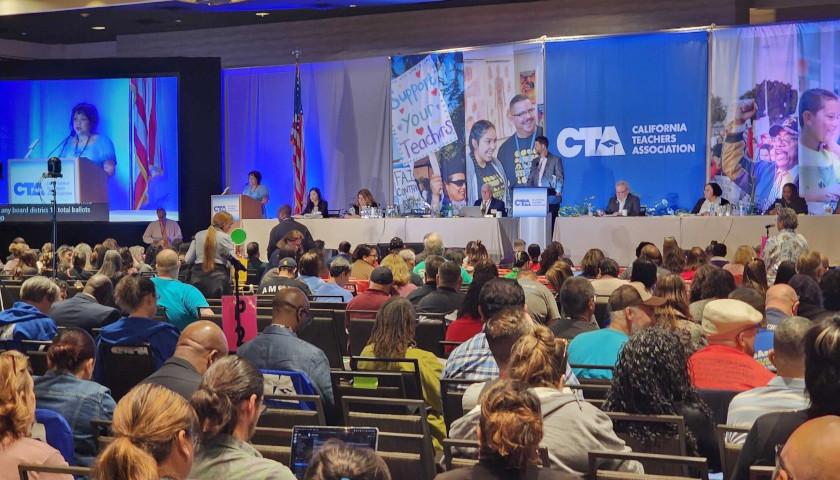All charter, or community, schools in Ohio will be non-profit entities, or have to close, if a new bill introduced in the Ohio House is passed.
The Community (Charter) School Operator Accountability Act, House Bill 549, will prevent a for-profit individual or organization from entering into, or renewing, a contract for operator services. The bipartisan measure is co-sponsored by Rep. Jeffrey Crossman (D-Parma) and Gayle Manning (R-North Ridgeville).
“This bill helps ensure charter schools in our state are devoted solely to the education of our children, and fully eliminates any profit motive from the current operating model,” Crossman said.
“As a fiscal conservative,” Manning said, “I believe we should know where our tax dollars are going. (Charter schools) are taking public dollars, and we should be able to know where those public dollars are going.”
The bill would also:
- Cap profit operators from realizing a profit greater than 5 percent of the total amount of payments that the school receives from the state,
- Permit the governing board of an educational service center to serve as the operator of a community school,
- Permit a community school to require an operator to apply unexpended and unobligated funds to future payments in the same manner that a district or community school can require an educational service center to apply unexpended and obligated funds to future payments and requires return of any remaining funds at the contract’s expiration.
Manning, a former teacher, explained that the impetus for the bill was a strike at Summit Academy in Crossman’s district. At issue during the strike was an administrative line item in the budget. Neither teachers, nor the Ohio Federation, could get an explanation for what that amount covered.
“About $250,000 was going to administrative costs but no one could figure out where that money was going,” Manning said. “We got to talking and thought that maybe for-profit schools aren’t the way we should go in Ohio.”
Manning said that those administrative costs could be going anywhere from putting “money in someone’s bank account” to “going to another company that the operator also owns – like a book dealer.”
She also said that charter schools are not playing by the same rules. But she admits the original purpose of charter schools was to remove some of those rules and regulations and to give them more flexibility.
“It was to give students who weren’t succeeding, maybe, or give parents a choice when the public school was failing,” she explained. “This was about the education of children and not about the administrative spending. Are we here to teach kids or put money in someone’s bank account? That’s my concern.”
Under the bill, any school with a for-profit operator would have three years, or until July 2023, to become a non-profit charter school. One year before the change, the schools would have to notify parents of the upcoming switch.
“They have choices,” Manning said. “They can change to an educational service center (as an operator), become a non-profit management company, or they have to close. We don’t want them to close mid-year so we made arrangements for parents to be notified and then the July date.”
But this isn’t about closing charter schools, she added.
“There are some successful for-profit schools out there,” Manning said. “Parent should have an alternative to regular schools. We don’t want to close schools down. I had some people come to me and I asked them to explain to me why they can’t operate as a non-profit. They can’t answer. I’m looking for a discussion on this.”
She said that when you think of a for-profit, you’re making money.
“That isn’t the purpose of education,” she added. “I need that answer and I’ve not gotten it yet. Perhaps a for-profit can answer that for me.”
Manning said that she’s been in a lot of charter schools where the kids are succeeding and the teachers are happy.
“We want the monies to go into the classroom rather than school administrative fees where we have no idea where that money is being spent,” she said.
The bill will be assigned to a committee for future hearings.
– – –
Maggie Leigh Thurber is a writer for The Ohio Star. Email tips to [email protected].








